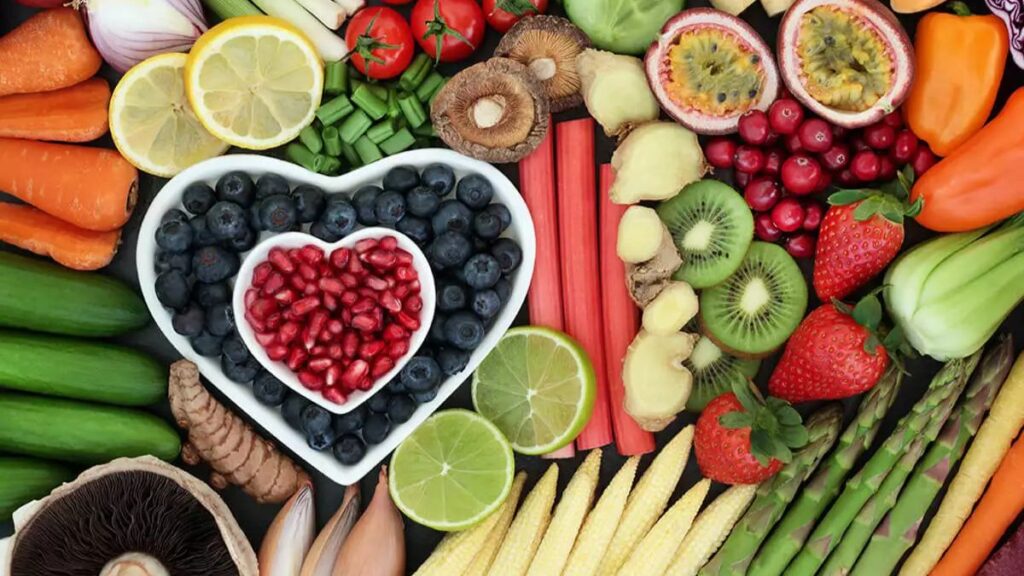10 Amazing Pros and Cons of Plant-Based Diets
Plant-based diets have become increasingly popular in recent years as people become more aware of their health, the environment, and animal welfare. A plant-based diet consists of minimally processed plant foods, like fruits, vegetables, nuts, seeds, and legumes. While plant-based diets are often touted for their health benefits, there can also be drawbacks. In this blog, we’ll look at the pros and cons of plant-based diets to help you decide if this type of diet is right for you.

The 10 Pros of Plant-Based Diets
There are several potential benefits to eating a plant-based diet. Here are some of the most important:
- Improved Health: Plant-based diets are typically rich in fiber, vitamins, and minerals, which can help promote healthy digestion, reduce inflammation, and support overall health. Plant-based diets have also been linked to a lower risk of certain chronic diseases, like heart disease and type 2 diabetes.
- Weight Loss: Plant-based diets can be an effective weight loss tool as they are typically lower in calories and higher in fiber, which can help you feel fuller for longer.
- Environmentally-Friendly: Eating a plant-based diet can have a positive impact on the environment. Plant-based diets require fewer resources to produce, leading to a smaller carbon footprint.
- Animal Welfare: Choosing a plant-based diet means fewer animals will be raised and slaughtered for food. This is beneficial for animal welfare.
- Variety: Plant-based diets offer a variety of foods, flavors, and textures, allowing you to create delicious and interesting meals.
- Cost-Effective: Plant-based diets can be cost-effective, as many plant-based foods, like beans and grains, are much cheaper than animal products.
- Nutrient Dense: Plant-based diets are typically rich in vitamins, minerals, and antioxidants, which are essential for good health.
- Variety of Options: Plant-based diets can include vegetarian, vegan, and flexitarian options, allowing you to choose the diet that works best for you.
- Ethical Eating: Eating a plant-based diet can be an ethical choice as it can reduce animal suffering and promote environmental sustainability.
- Easy to Follow: Plant-based diets are easy to follow and can be tailored to fit your lifestyle and preferences.

The 10 Cons of Plant-Based Diets
- While there are many potential benefits to eating a plant-based diet, there are also some potential drawbacks. Here are some of the most important:
- Lack of Protein: Plant-based diets can be low in protein, so it’s important to include a variety of plant-based proteins, like beans, nuts, and tofu, to make sure you’re getting enough.
- Nutrient Deficiencies: Plant-based diets can be low in certain nutrients, like iron and vitamin B12, so it’s important to make sure you’re getting enough from other sources.
- Restrictive: Some plant-based diets can be too restrictive, eliminating entire food groups and making it difficult to get all the nutrients you need.
- Time-Consuming: Plant-based diets can be time-consuming, as many plant-based meals require more preparation and cooking time than animal-based meals.
- Social Pressure: Eating a plant-based diet can be difficult in social situations, as many restaurants and social gatherings feature animal products.
- Unsatisfying: Many people find that plant-based diets are not as satisfying or fulfilling as diets that include animal products.
- Expensive: While some plant-based foods, like beans and grains, can be cost-effective, other plant-based foods, like nuts and seeds, can be expensive.
- Not All Plant-Based Foods are Healthy: Not all plant-based foods are healthy, and some plant-based diets can be high in processed foods and sugar.
- Misinformation: There is a lot of misinformation about plant-based diets, which can make it difficult to make informed decisions.
- Difficult to Track: It can be difficult to track your nutrient intake on a plant-based diet, as many of the essential nutrients are not always easy to find in plant-based sources.
The Bottom Line
Plant-based diets can be a great choice for many people, as they can offer a variety of health benefits, including improved health, weight loss, and environmental sustainability. However, there are also some potential drawbacks, such as nutrient deficiencies, restrictive diets, and social pressure. It’s important to do your research and make sure you are getting all the nutrients you need on a plant-based diet. If you decide to go plant-based, make sure to include a variety of plant-based proteins, like beans, nuts, and tofu, to ensure you’re getting enough protein, and speak to a doctor or nutritionist to make sure you’re getting all the nutrients you need.

